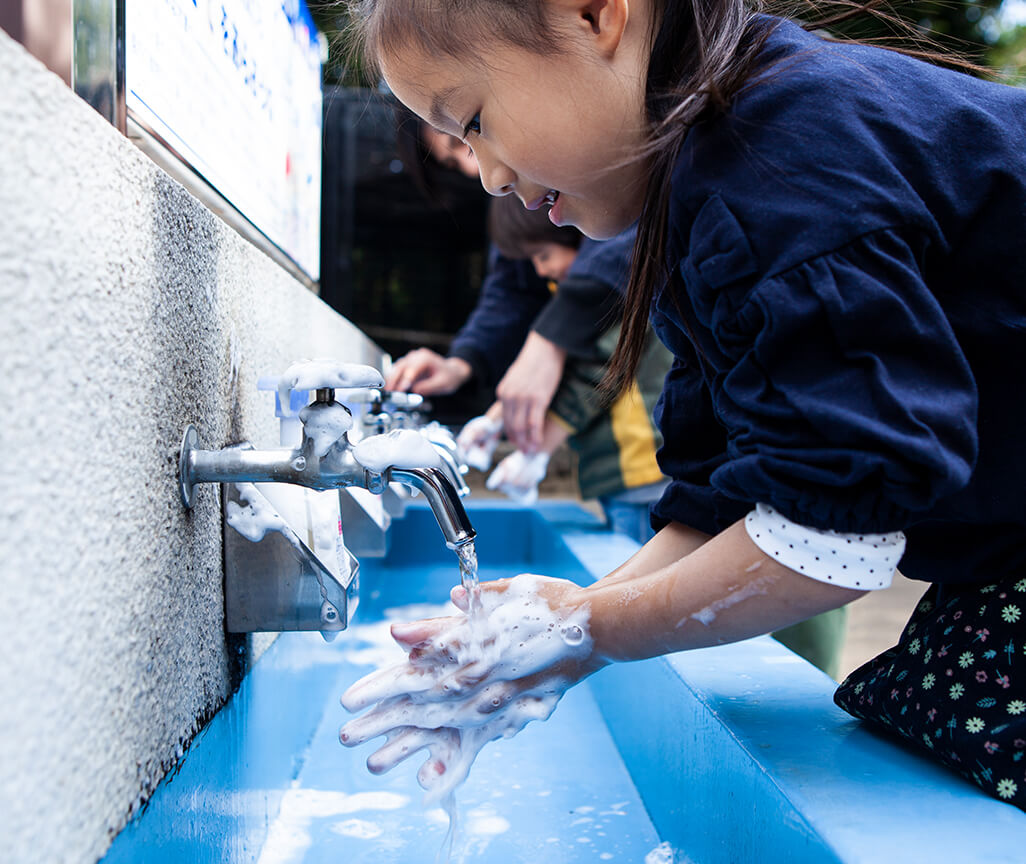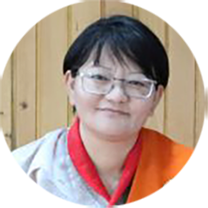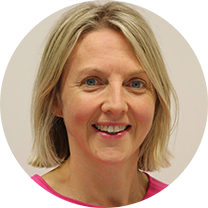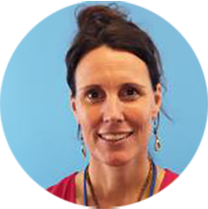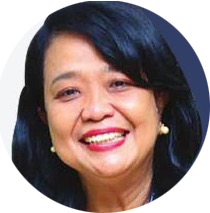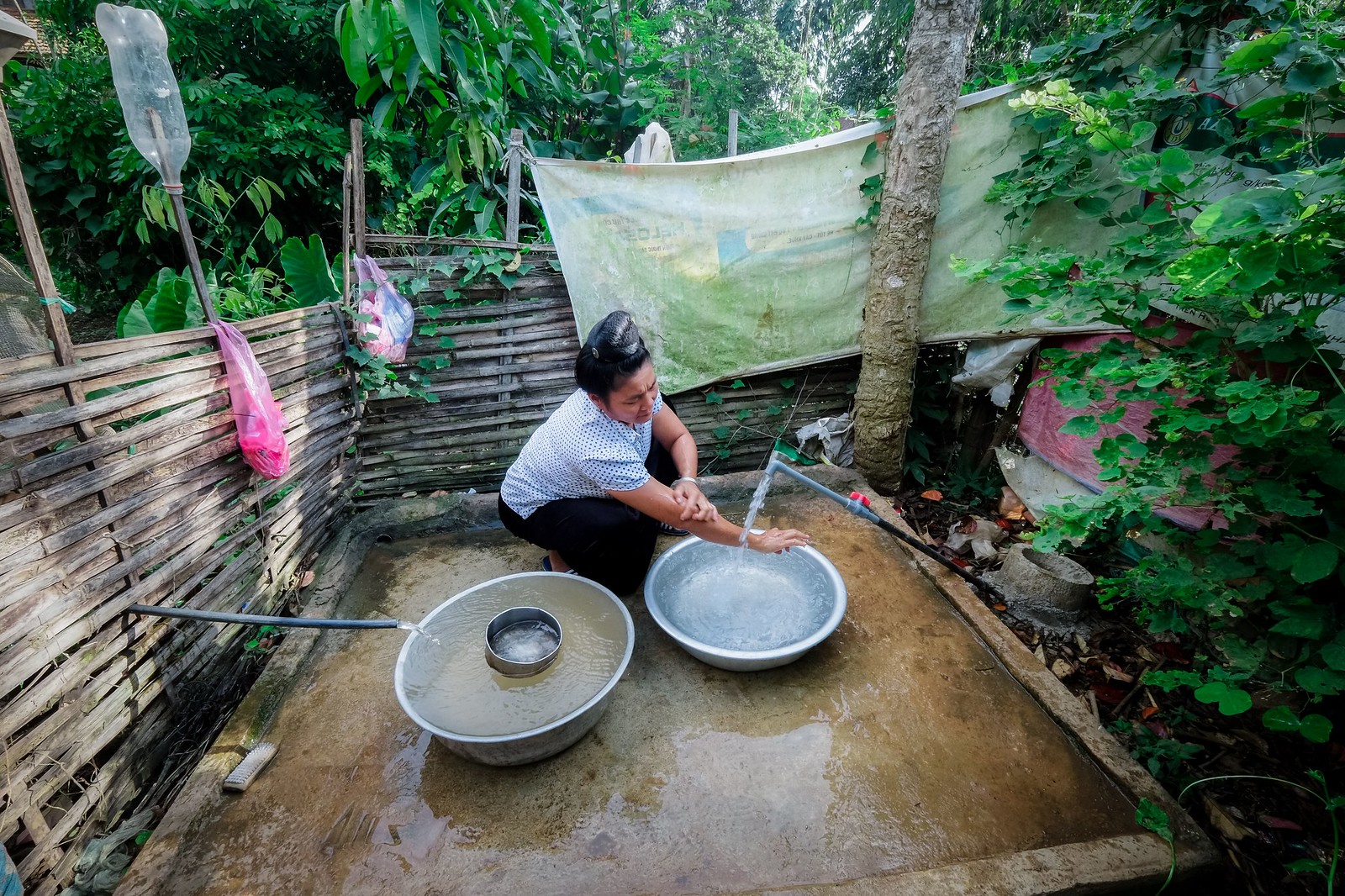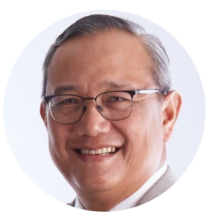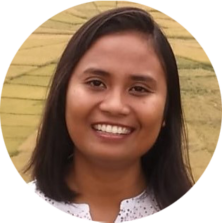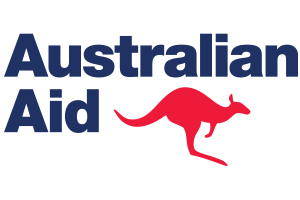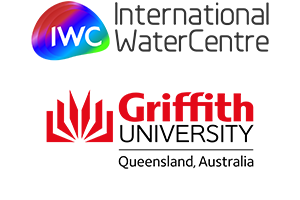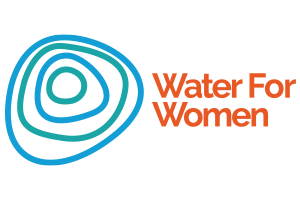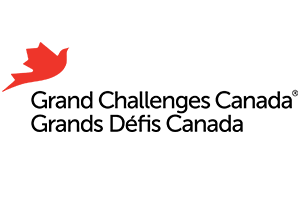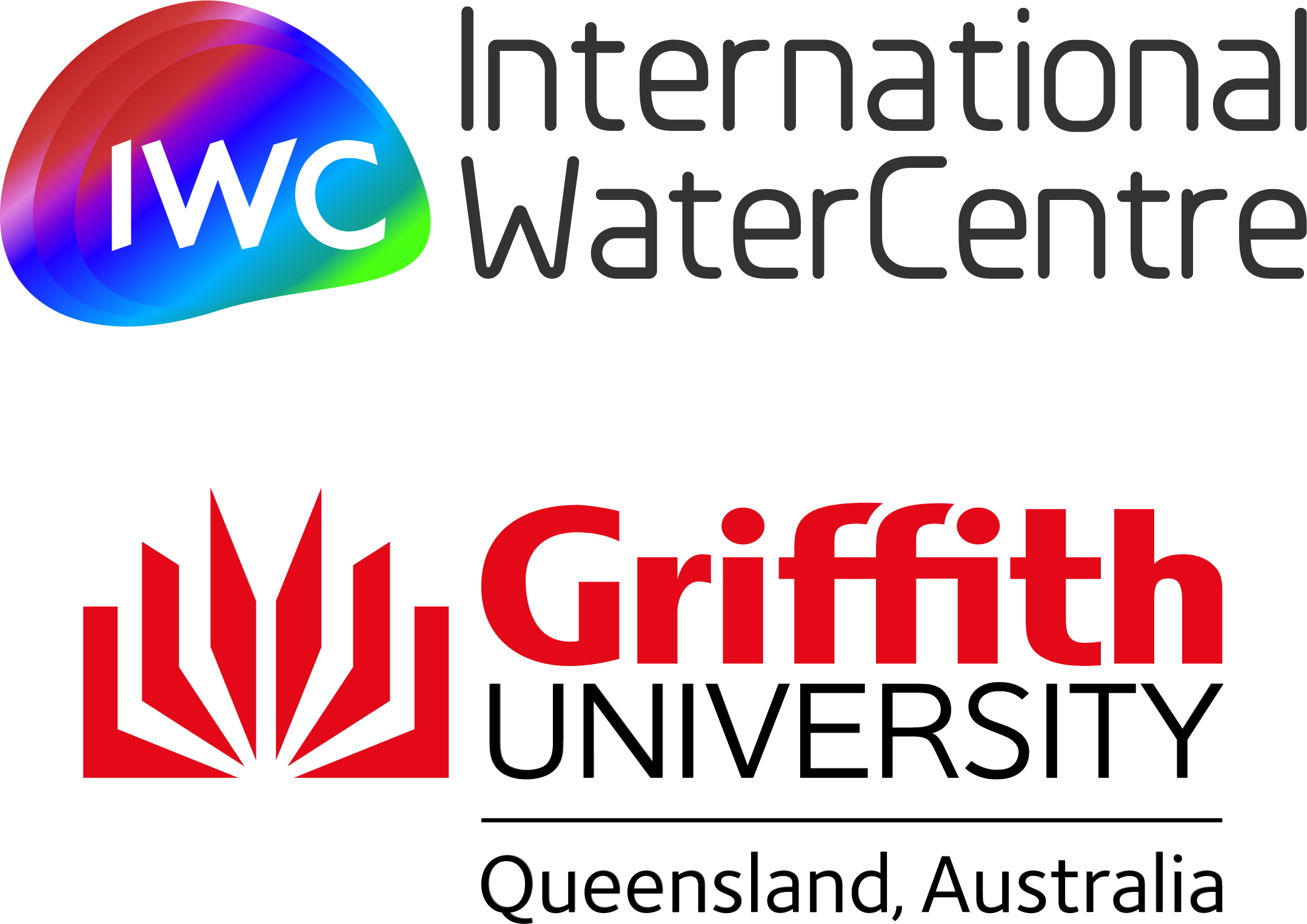A note about registering for panels: register early if you are interested as we cannot guarantee spaces will be available closer to the panels. If you do register but later find you cannot participate, please unregister as soon as possible, to ensure your space can be made available to others.
There is no cost to participate in these panels, due to the generosity and commitment of our key partners Australian Aid Program, International WaterCentre, Water for Women Fund and Grand Challenges Canada, so we kindly ask that you respect their generosity by attending if you register, or unregistering if you cannot attend.


